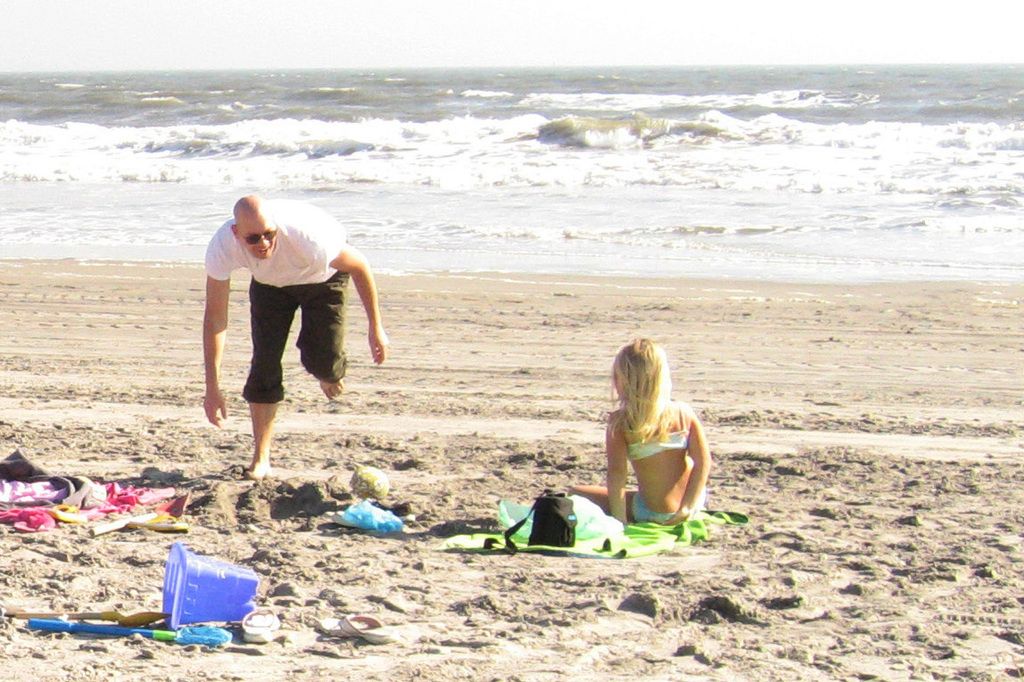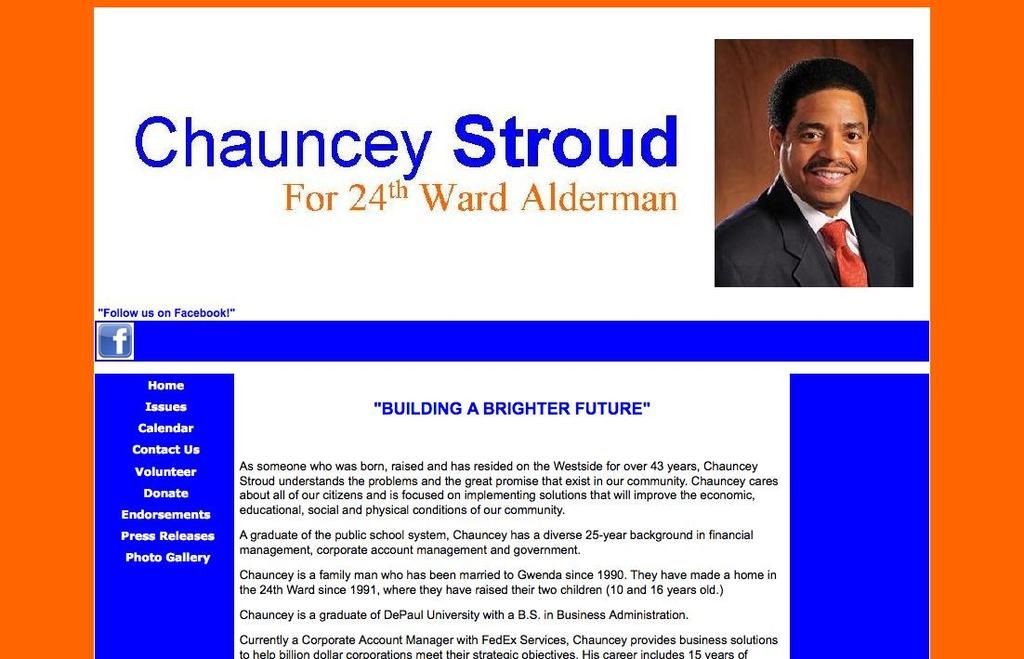Private Russian investors demand financial reimbursement for the frozen foreign stocks and bonds due to the international sanctions imposed.
Headline: Frustrated Investors Take a Stance: Demanding a Compensation Fund from Russian Authorities
Subheadline: Disgruntled investors backed by prominent brokerages such as VTB, Otkritie, Finam, BCS, T-Bank, Rosselkhozbank, and Alfa-Bank, have penned an open letter to Vladimir Putin, urging the creation of a fund to compensate those whose foreign securities have been blocked due to sanctions.
Here's the run-down:
Private investors, roped into the fray, are calling the Central Bank of Russia and the government to action, accusing Russian brokers and exchanges – specifically, PJSC "SPB Exchange" – of causing financial havoc for retail clients by blocking their access to sell securities during sanction-affected periods.
The investors allege that these restrictions have led to additional costs, unfair penalties, and impediments in receiving their full payouts when dividends and coupons were due on the blocked securities, in accordance with Decree No. 665.
The appeal also sheds light on the 2024 exchange of blocked assets between Russian and foreign investors. The initiative didn't pan out as planned, with foreigners purchasing securities from Russians amounting to just 8.1 billion rubles (out of an offer of 35 billion rubles) in the first stage, and 2.54 billion rubles (out of an offer of 27 billion rubles) in the second stage. The exchange's constraints allowed Russian investors to submit assets for purchase only up to a limit of 100,000 rubles per client.
Over three years since the problem first emerged, the appeal authors claim that the issues have yet to be addressed (or even acknowledged). The crux of their demand? A resolution to this matter. Acknowledging the importance of maintaining the health of the financial market, the appeal emphasizes the necessity of protecting retail investors' rights and restoring trust in market participants.
Interestingly, Belgium's treasury has reportedly given Euroclear permission to unlock part of the funds held in the account of the National Settlement Depository (NSD) for foreign investors. The exact volume remains undisclosed, but Euroclear intends to use these funds to compensate investors for losses due to counter-sanctions and court decisions in Russia. As of April 1, 2025, Euroclear has begun contacting European and American banks and brokers to distribute the funds to their clients.
It's worth noting that only 10% of foreign companies operating in Russia are reportedly reducing or suspending their activities, according to a survey conducted by AmCham Russia early in 2025. Despite the challenges posed by sanctions and counter-sanctions, 86% of foreign investors describe life in Russia as comfortable.
On a brighter note, Russia's "golden visa" program, initiated in 2023, has seen 40 foreign citizens apply since its inception, with 23 receiving positive conclusions. Aound 10 already hold the document and have already infused over 2.6 billion rubles in investments.
In essence, the current scenario revolves around intricate legal and political maneuvers, with various nations employing asset freezing and confiscation tactics as part of their broader economic and geopolitical strategies.
- I'm not sure if the Russian authorities will create a compensation fund for private investors as requested, given the ongoing complexities involving finance, business, politics, and general-news, such as the ongoing sanctions and the slow progress in the exchange of blocked assets.
- The call for a compensation fund by investors is vital for the health of the financial market, especially considering the hindrances faced by retail investors due to sanctions and restrictions, which have led to additional costs, unfair penalties, and impediments in receiving full payouts, a matter that should not be ignored in the broader context of finance, business, politics, and crime-and-justice.
- It's interesting to note that while some foreign companies are reducing or suspending their activities in Russia due to the challenges posed by sanctions and counter-sanctions, the majority, over 86%, find life in Russia comfortable, a situation that underscores the intricate interplay of finance, business, politics, and general-news in the current geopolitical landscape.






